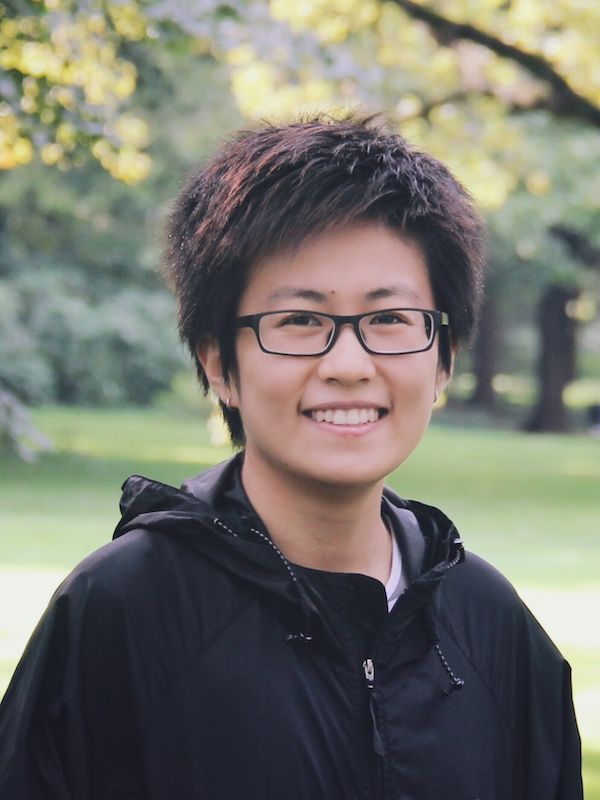
Short biography:
Xiaoqiong is currently a PhD candidate in atmospheric science at Lamont-Doherty Earth Observatory, Columbia University, in New York, USA. Her research interests include climate variability and change, aerosol-cloud-climate interactions, monsoons, and extreme events. Xiaoqiong got her Bachelor’s Degree from Peking University in Beijing, China.
Abstract:
Constraining the uncertainty of future climate projections remains a challenging task for state-of-the-art global climate models, particularly for regional hydroclimate such as the Asian monsoon region. Understanding the effects of anthropogenic climate change on monsoon rainfall is essential for improving the predictability and assessing the climate risks. As the two most important anthropogenic forcing agents, greenhouse gases (GHGs) and aerosols lead to distinct different responses in the hydrological cycle. In this talk, I will present our recent work on the Asian summer monsoon changes in the 20th and 21st century as well as the physical mechanisms using observations, Coupled Model Intercomparison Project – Phase 5 (CMIP5) models, and idealized atmospheric general circulation (AGCM) model experiments. CMIP5 models show a distinct drying of the Asian summer monsoon rainfall during the historical period but strong wetting for future projections. This contrasting change can be explained by the strong aerosol-induced dynamical weakening during the 20th century and the thermodynamic enhancement due to GHGs in the 21st century. Further analysis is performed using AGCM experiments to separate the total response into the fast response that is independent of changes in sea surface temperature (SST), and the slow response related to SST effects. Results show that the strongly weakened monsoon circulation over land due to aerosols is largely driven by the fast adjustments related to aerosol-radiation and aerosol-cloud interactions. For GHGs, however, the fast and slow responses show opposing effects and a large model spread, leading to an overall weak circulation change.
Arranged date for the seminar talk: Aug 20, 2018.
Place: BCCR lecture room, Jahnebakken 5
